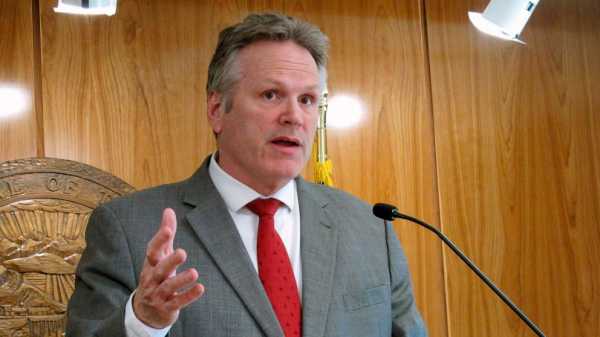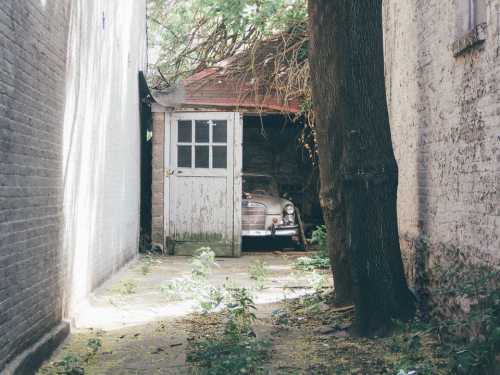
JUNEAU, Alaska — Gov. Mike Dunleavy outlined proposed legislation Thursday for Alaska to capitalize on carbon markets, seeking to diversify state revenues long heavily reliant on proceeds from oil.
Dunleavy plans to introduce his so-called a carbon management bill package during the legislative session that begins next week.
The Republican governor and members of his administration outlined the proposal at a news conference in Anchorage. Dunleavy said in a statement that he wants lawmakers to seriously consider it as a “cornerstone of a long-term fiscal solution" that would complement revenue from oil and gas and Alaska's nest-egg investment fund, the Alaska Permanent Fund. The state has relied heavily on oil revenue and earnings from the permanent fund to help pay for state government.
Dunleavy has suggested a range of rough estimates for what carbon projects might yield. Last month, in raising the carbon concept while releasing his budget plan, he said the “amount of money you can derive from this carbon process, that's difficult to put a finger on, but I would say this, we haven't even begun to calculate the sequestration concept in terms of monetization.” He said experts would help with that process.
The Congressional Research Service said in a report on carbon capture and sequestration in October that congressional interest in addressing climate change has increased interest in carbon capture and sequestration. But it added, that “debate continues as to what role, if any, CCS should play in greenhouse gas emissions reductions.”
While some policymakers and other interested parties see carbon capture and sequestration as an option to mitigate carbon dioxide emissions, others worry it “may encourage continued fossil fuel use” or that carbon dioxide could leak from underground reservoirs, the report stated.
Dunleavy's office said the new legislation would set out rules for potential storage of carbon dioxide in underground geologic formations and for a carbon offsets program.
Dunleavy said he sees a carbon initiative as standing alongside existing industries such as oil and gas, mining and timber.
“This is not a displacer of industry,” he said Thursday. “This is just a brand-new opportunity that will enhance and work hand-in-glove with the industries that we currently have.”
Sourse: abcnews.go.com






